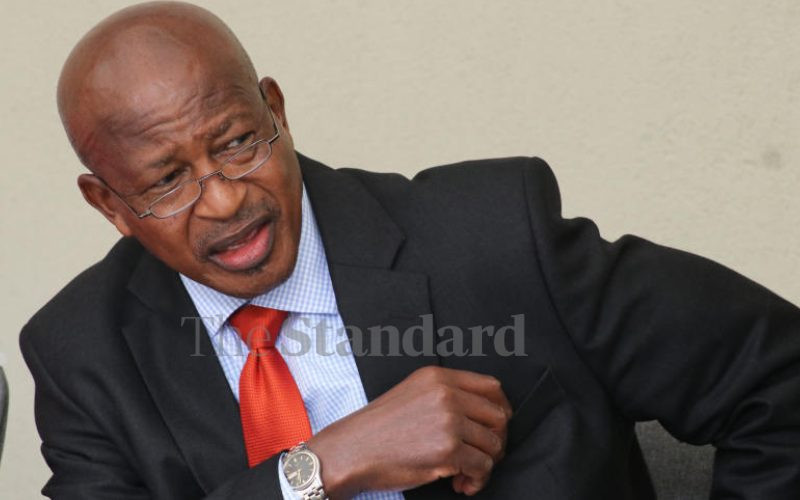×
The Standard e-Paper
Smart Minds Choose Us

The electoral commission chairperson Wafula Chebukati has differed with Attorney General Kihara Kariuki on the mode of voter identification.
Chebukati, through lawyer Edwin Mukele told High Court judge Mugure Thande that Independent Electoral and Boundaries Commission (IEBC) does not need to deploy printed voter registers as a complementary to the Kenya Integrated Election Management system (Kiems) kit.